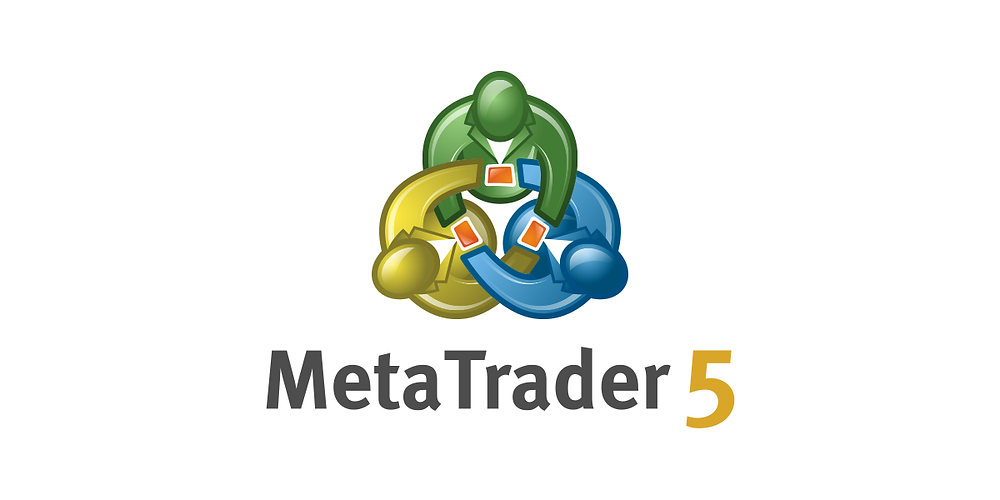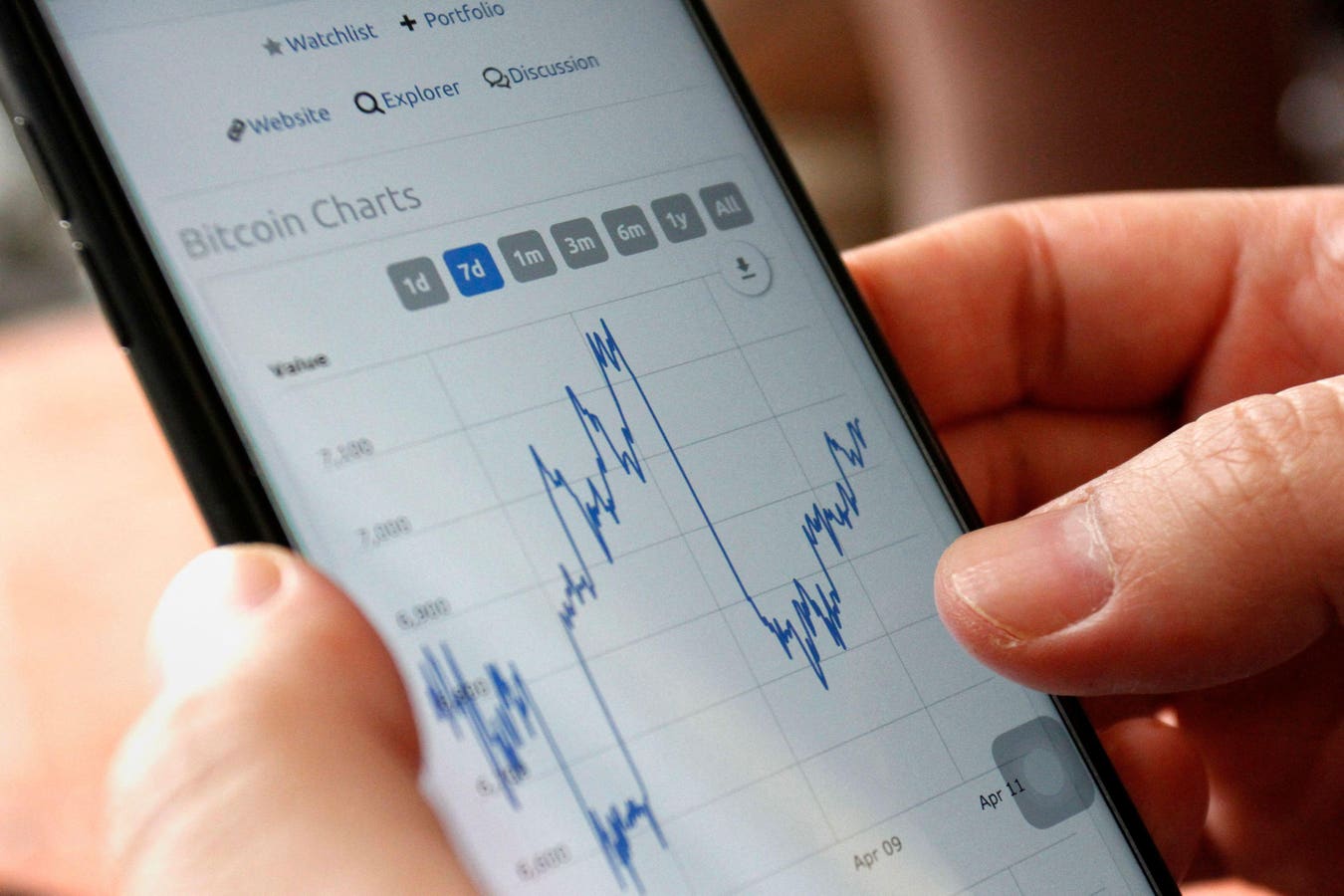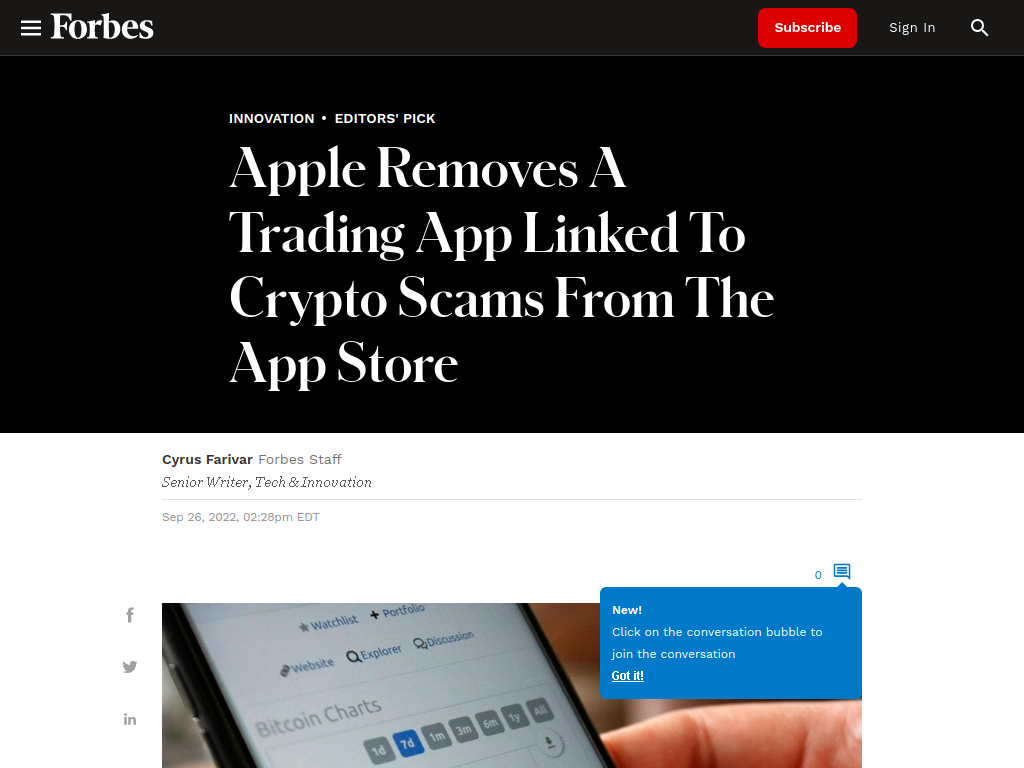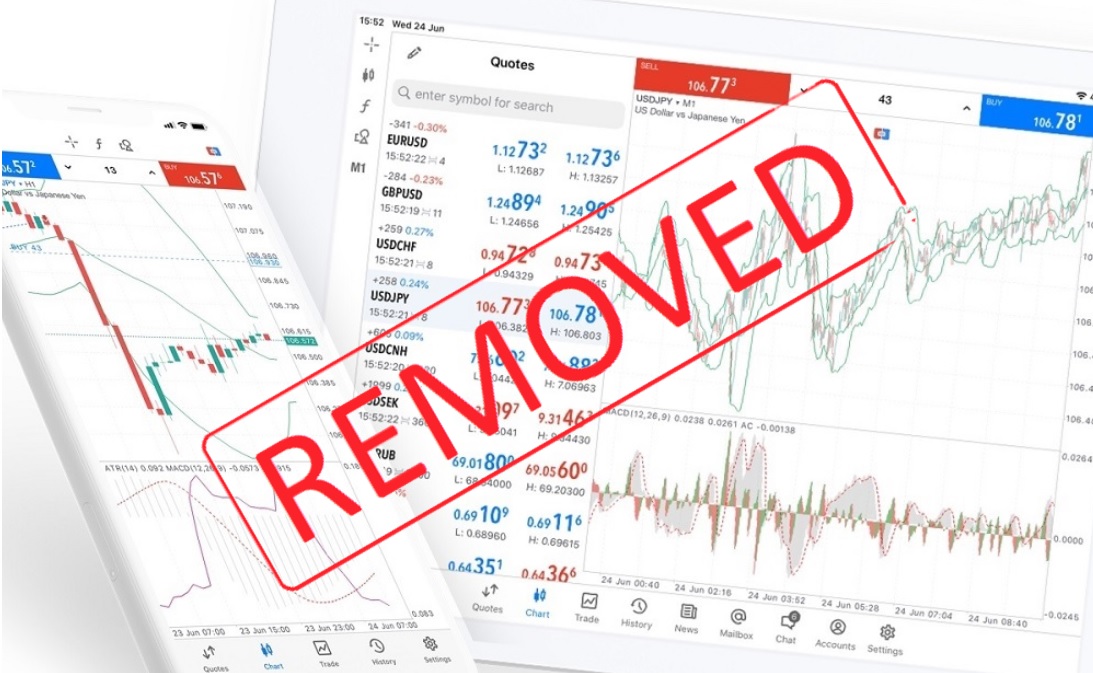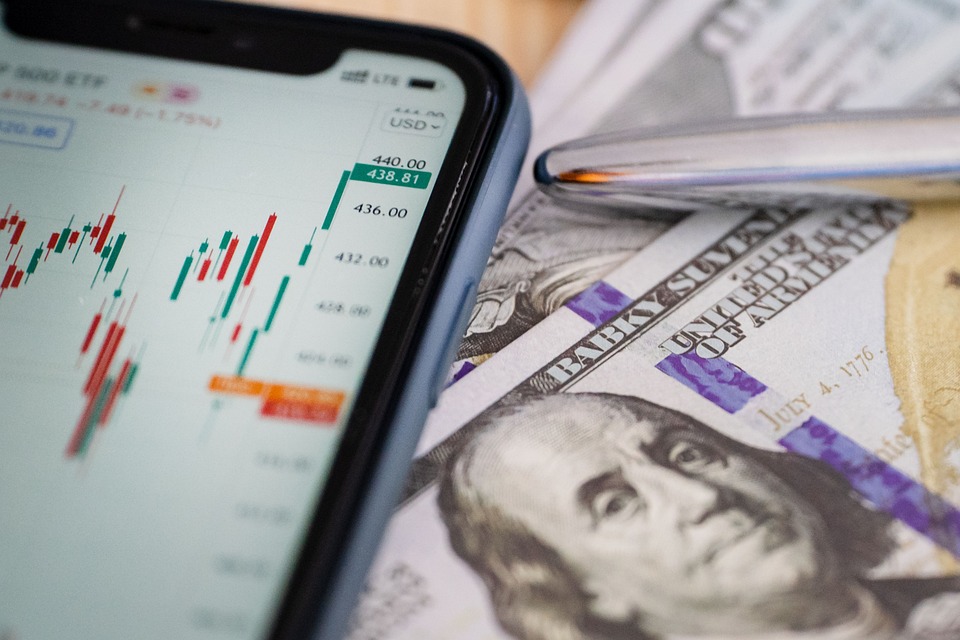4evermaat
2nd Lieutenant
- Messages
- 2,709
I still hold that software vendors will not adjudicate individual scam cases. Why should they? This is the job for police and other enforcement agencies. And the target is the broker. Any software programmer just wants to focus on developing their products, not on policing how some end users are using their products. You can't have it both ways where the end trader wants to be free to trade wherever and whenever they like....but then when said traders gamble, throw away, lose a significant portion of their savings now some software vendor who they have no contract or contact with should somehow be made responsible for the trader's poor decisions?
Consider futures contracts, which is much more heavily regulated and traded via exchange. None of those vendors have such complaints that I know of. Since the pricing and execution is the same for everyone (via exchange streamed pricing), the scams are rarely in the actual trading, theft of deposits, etc. Most scams are in the trading courses (educational material) and maybe in some fake indicators/robots. Trading platforms are usually leased directly by the end trader, although in some cases it can be subsidized by brokers.
Even if the MQ might suspend white label licenses for brokers where a regulator suspends their license, what real difference would it make? The damage is already done. This is an after-the-fact solution, which is worthless in the real world.
I know this view is unpopular, but no other trading software vendor would agree with this either. Have you considered how MQ or other trading software would actually be made responsible from a regulatory standpoint? What could the regulator actually do to hold MQ (or other software vendors) responsible for a trader's individual decision? Other than any particular regulatory requirement, which would usually be for connecting to an exchange or some degree of logging as it relates to actual trading. But no software vendor has any control over how the end user will use its product. And especially the victim....how do you prove MQ facilitated in taking money from the end user (trader)?
The research compiled here is pretty good though. But the focus should always be on empowering victims and would-be victims to take preventative steps to mitigate risk:
The scams/confidence tricks are actually quite basic. While I agree with punishing brokers when they are caught misbehaving, ultimately there is no substitute for taking some personal responsibility for investment decisions.
Consider futures contracts, which is much more heavily regulated and traded via exchange. None of those vendors have such complaints that I know of. Since the pricing and execution is the same for everyone (via exchange streamed pricing), the scams are rarely in the actual trading, theft of deposits, etc. Most scams are in the trading courses (educational material) and maybe in some fake indicators/robots. Trading platforms are usually leased directly by the end trader, although in some cases it can be subsidized by brokers.
Even if the MQ might suspend white label licenses for brokers where a regulator suspends their license, what real difference would it make? The damage is already done. This is an after-the-fact solution, which is worthless in the real world.
I know this view is unpopular, but no other trading software vendor would agree with this either. Have you considered how MQ or other trading software would actually be made responsible from a regulatory standpoint? What could the regulator actually do to hold MQ (or other software vendors) responsible for a trader's individual decision? Other than any particular regulatory requirement, which would usually be for connecting to an exchange or some degree of logging as it relates to actual trading. But no software vendor has any control over how the end user will use its product. And especially the victim....how do you prove MQ facilitated in taking money from the end user (trader)?
The research compiled here is pretty good though. But the focus should always be on empowering victims and would-be victims to take preventative steps to mitigate risk:
-> If it sounds too good to be true, it probably is.
-> Don't invest more than you can afford to lose.
-> Think about what might happen if you lose your investment, no matter how sure you are about it
-> Consider the effect on your loved ones or other persons you are responsible for should you lose your investment. Can you still care for yourself or your loved ones?
-> take relevant screen video / screen shots / voice recordings of important contractual arrangements....including actual trading sessions. Preserve complete trade history on a regular basis.
The scams/confidence tricks are actually quite basic. While I agree with punishing brokers when they are caught misbehaving, ultimately there is no substitute for taking some personal responsibility for investment decisions.
